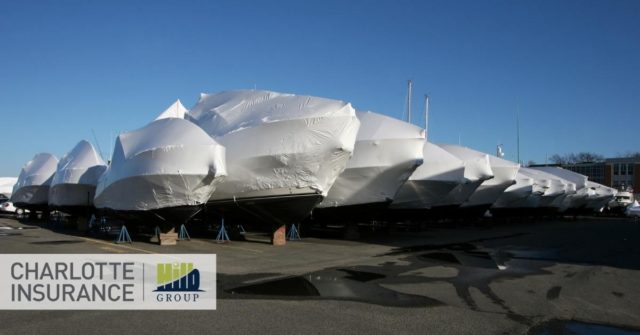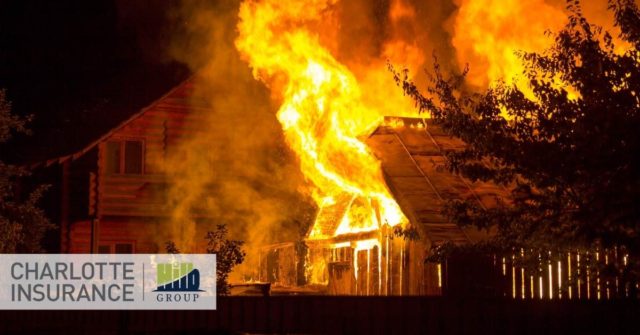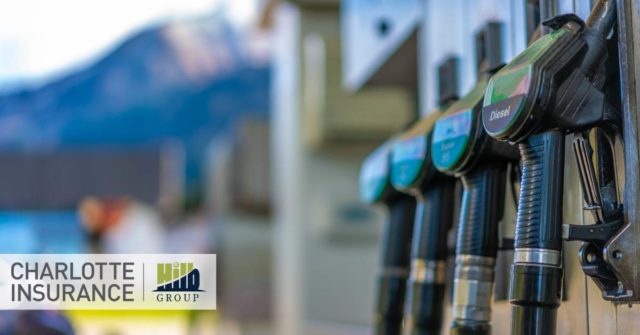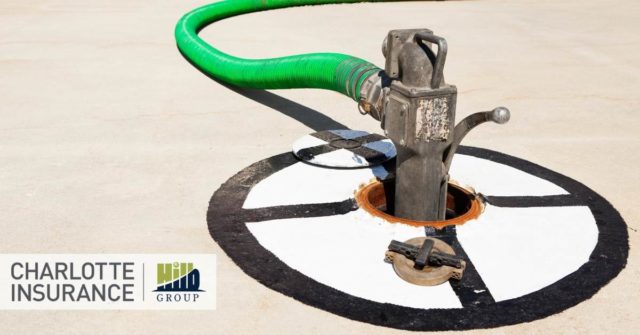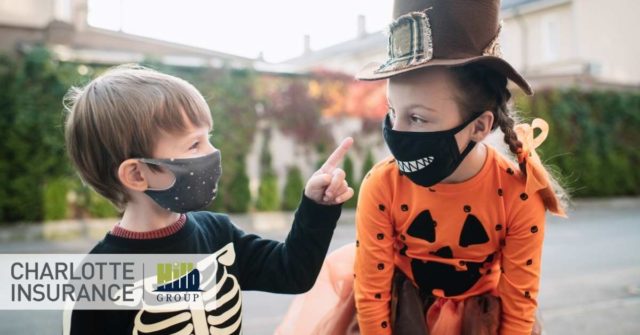The colder weather is nearly here, and your fun on the water is done for another season. It’s time to put your boat in storage until spring. You’re probably looking forward to the cost savings for fuel and maintenance, but before you consider cancelling your boat insurance to save a little more over the winter months, think again.
Threats Exist Off the Water, Too
When you imagine needing your boat insurance, you probably imagine an accident on the water or a problem while docking. Plenty of threats exist on shore that your boat insurance can cover like fire, theft, vandalism, and damage from winter storms and other weather-related problems.
Whether you’re storing your boat at a marina or on your property, anything can happen. A fire at the storage facility could damage your boat. A winter storm could knock a tree down in your yard and crash into your watercraft. You’ll want insurance coverage to pay for the repair or replacement so you don’t have to pay out of pocket.
Home Insurance Won’t Be Enough
If you’re storing your boat at home, you may be tempted to rely on your home insurance coverage. This can be an expensive mistake. Most home insurance policies only cover very small boats like canoes or small sailboats. What coverage you get likely won’t be enough for the full replacement of your boat if needed. Give us a call to find out what, if anything, your home insurance covers for your boat, but don’t be surprised if the answer is, “Not much.”
Boat insurance, like other forms of coverage, offers a wide variety of options. For full protection, your policy should include comprehensive and collision, property damage, and bodily injury. Anything less, and you’ll be financially responsible to repair or replace your boat after an accident.
It’s Cheaper to Stay Insured
Periods of no insurance coverage might save you money in the moment, but you may pay more over time. Why? Insurance companies tend to charge higher premiums after a period of not being insured. You can lose discounts and the perception of risk may be greater, so your premiums go up.
Instead of cancelling your boat insurance while your watercraft is in storage, modify your policy. It’s a good idea to maintain full coverage but you may be able to change your policy limits or increase your deductible to save overall.
Boat Insurance Might Be Required
For boat owners who financed the purchase of your boat and still have a loan with a bank, boat insurance will be required for the life of the loan. Even once you pay it off, it’s still recommended to maintain coverage. Before you cancel your policy, check your finance agreement.
Want to change your boat insurance coverage for the winter months? Need better coverage at a price you can afford? Contact Charlotte Insurance today for a free quote!

